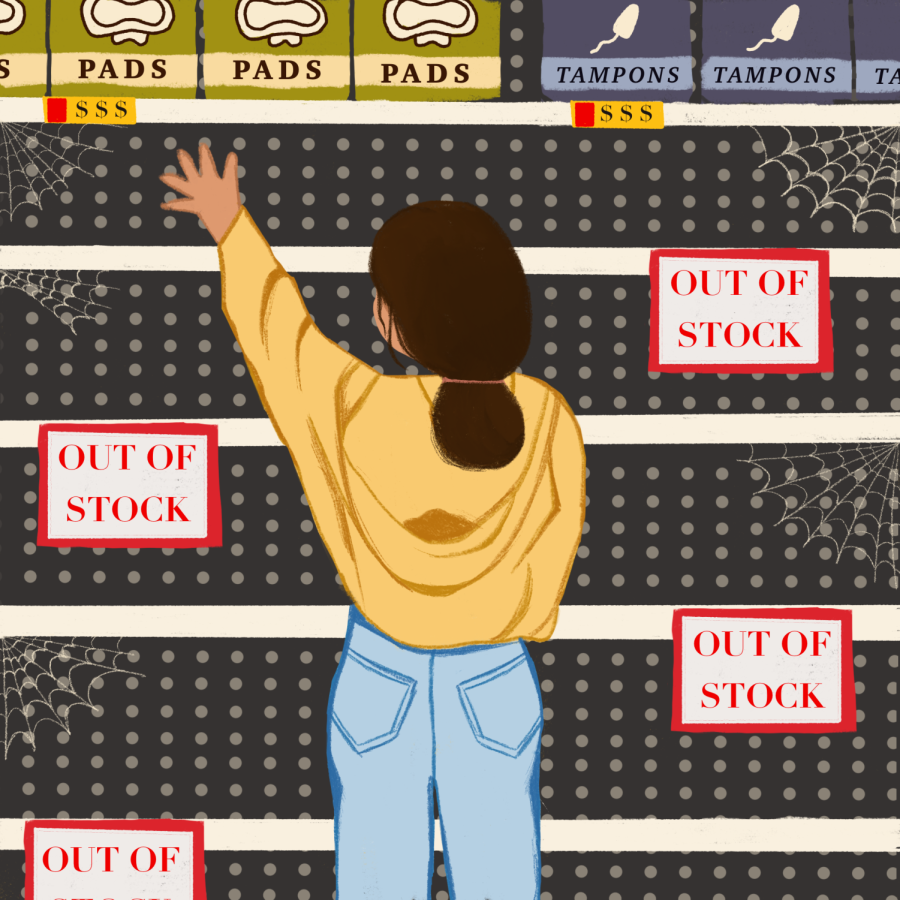How to prevent period poverty
September 12, 2022
Period poverty is the lack of access to menstrual products, hygiene facilities, waste management and education. This struggle that about 500 million people face globally should not only demand the attention of people but policymakers as well. Currently, there are 23 states that charge a sales tax on period products, and in states like Texas, we can expect to earn millions in tax revenue per biennium. The Texas Comptroller’s office estimates that the sales tax on feminine hygiene products will generate $28 million during the next biennium, while products like male libido enhancers and prostate vitamins are tax-exempt. In turn, these taxes affect millions of women living in low-income communities who have to learn to choose between spending money on unaffordable feminine products or other necessities.
The stigma concerning menstrual cycles is still prevalent today, and it is used to shame and punish women for something that is completely natural. In public schools around the country, young girls are expected to provide and educate themselves about menstruation. In the state of Texas, public schools are not required to provide period products to students in need. Although low-income students are able to apply for programs that give them access to free lunch, young girls are left to fend for themselves when it comes to equal access to menstruation products. Reports of women being forced to use products like rags, toilet paper and even children’s diapers in lieu of proper products are far too common. Inadequate access to these products creates an unequal learning environment for students who are forced to miss out on class time because they do not have safe products. Additionally, the use of substitutes creates an opportunity for a greater number of adverse outcomes, including toxic shock syndrome, sepsis and death.
Women in low-income communities are not the only ones feeling the impact of period poverty. In a recent study conducted in 2018 by the American College Health Assessment, about 63% of college students felt “overwhelming anxiety” in the previous 12 months. Not only does this financially burden young women all over the country but it affects mental health rates as well. The Boston Medical Center Women’s Health reports that about 68% of college-attending women who experience period poverty had symptoms of moderate-to-severe depression. Though it is not clear how direct this correlation is, the stigma around menstruation has proven to be one that is experienced psychologically, financially and emotionally by women all over.
While there is no quick solution to years of harmful legislation and social stigma around menstruation, there is still a change to be made. Not only should public schools around the country help provide access to safe menstrual products, but taxes on these products should also be abolished. The burden should never be on a young woman to educate herself about menstruation in private. Instead, schools should encourage proper education and a safe learning environment for all students.









